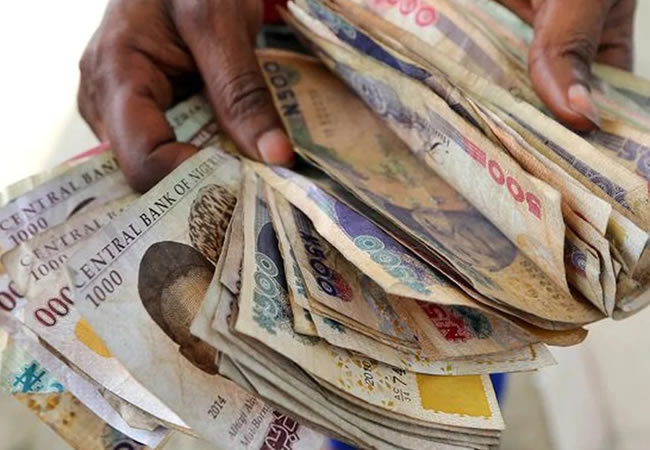FX market data shows that the sharp decline in the value of the Nigerian naira has brought exchange rates closer together, with the difference between official and secondary market rates now standing at N10. Exchange rates declined at both the official and black markets, despite measures to guarantee that the native currency gained strength.
The lack of foreign cash in the economy continues to put pressure on the local currency even as demand rises. Apart from additional covert foreign exchange transactions by individuals, the majority of enterprises in Nigeria rely on foreign inputs.
Since the biggest devaluation began last year, all attempts to preserve the naira in better condition have failed. The apex bank directives which include banks’ net open position reduction and 50% cap on the international oil companies’ remittance are not enough to reduce FX illiquidity in the forex market.
The trend has forced the CBN to return to the autonomous forex market to sell US dollars to authorised dealers. The CBN also launched $20,000 FX sales for Bureau de Change operators to ensure the gap between official and unofficial rates moderated.
Data obtained from the FMDQ platform where rates are quoted showed that the naira depreciated by 0.21% to close at ₦1,605.74 per dollar in the official market. In the parallel market, the Naira closed at N1,595 against the US dollar as renewed demand pressure has started to reverse previous rally on the local currency.
According to data from FMDQ, turnover increased by +32.0% US$300.6 billion week on week to USD1.2 trillion at the Nigerian Autonomous foreign exchange market on Friday. Nigeria Bonds, Treasury Bills Yields Collide at 17.2%
Meanwhile, the NAFEM window recorded an inflow of US$555 million. The CBN accounted for 46.9% of the forex supply, followed by foreign portfolio investors 5.5% contribution. Non-bank corporates accounted for 25.0%, exporters accounted for 20.8%, and others accounted for 1.8, Coronation Research said in a review.
External reserves track below $34 billion following a boost from increasing oil prices despite uncertainties in the global commodities market. Yesterday Brent crude increased by 1.13% to close at $82.97 per barrel. Similarly, WTI crude advanced by 1.68% to $79.47 per barrel.











